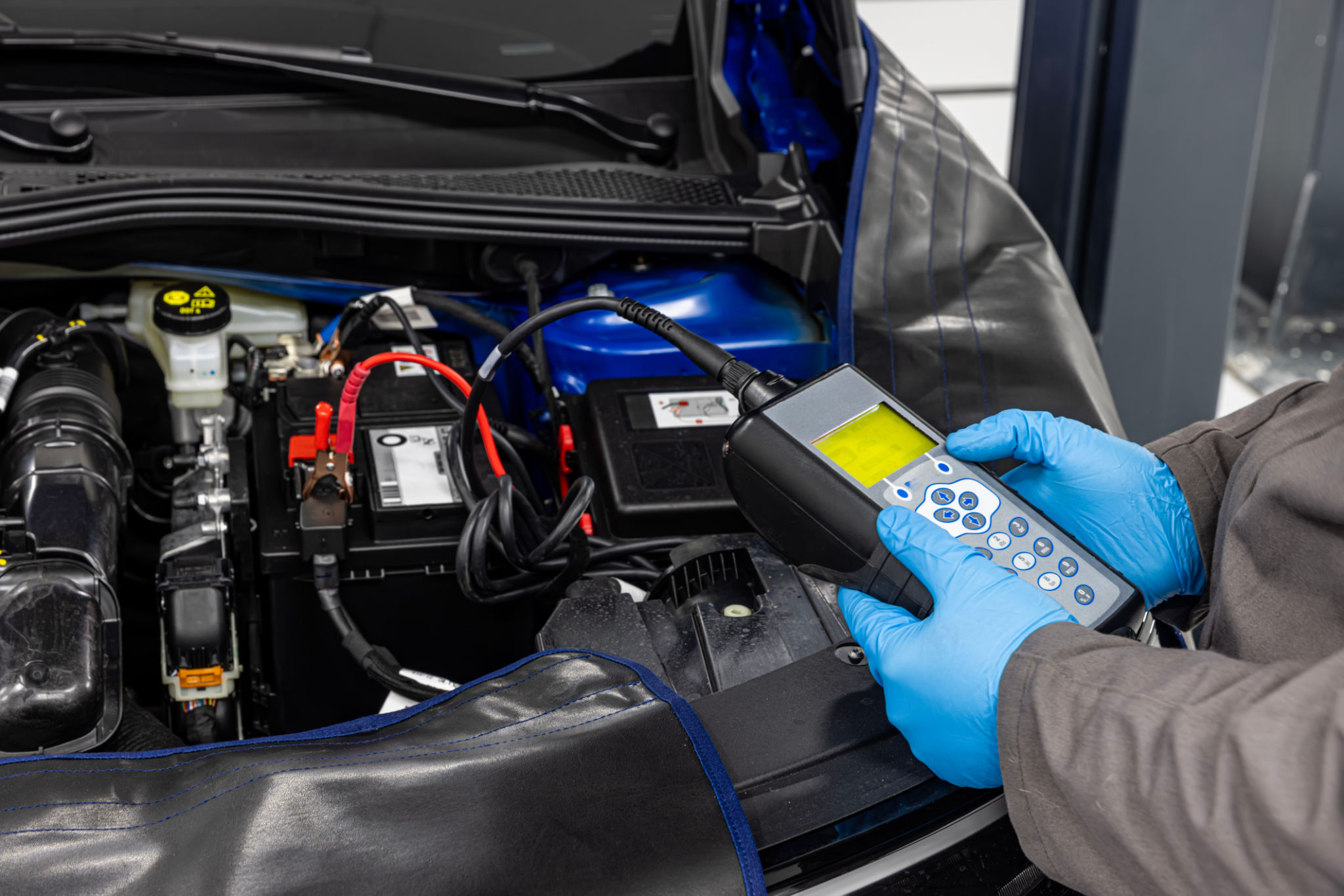How to Prepare Your Vehicle for a Road Trip from Hagerstown
SN
Check Your Vehicle's Fluid Levels
Before hitting the open road, it's crucial to ensure that your vehicle's fluid levels are topped up. Check the engine oil, brake fluid, power steering fluid, and coolant levels. Low levels of these fluids can lead to serious mechanical issues and leave you stranded far from Hagerstown. If you're unsure how to check these, consult your vehicle’s manual or visit a local mechanic.
Don't forget about your windshield wiper fluid. A clear windshield is essential for safe driving, especially if you encounter unexpected weather conditions. Make sure your wipers are in good condition to avoid any visibility issues during your trip.

Inspect Your Tires
Your tires are your vehicle's only contact with the road, so it's vital to inspect them thoroughly. Check the tire pressure and ensure it matches the recommendations in your vehicle's manual. Properly inflated tires improve fuel efficiency and provide a smoother ride. Also, inspect the tread depth; worn-out tires can be hazardous, particularly in wet conditions.
While you're at it, examine your spare tire and ensure that all necessary tools for changing a tire are in the trunk. The last thing you want is to be stuck on the side of the road without the proper equipment.

Test Your Battery
A dead battery is one of the most common reasons for roadside assistance calls. Before leaving Hagerstown, test your battery's strength. You can do this with a multimeter or by visiting an auto parts store where they often provide free battery checks. If your battery is more than three years old, consider replacing it to avoid any unexpected breakdowns.
Also, check for any corrosion on the battery terminals and clean them if necessary. A clean battery connection ensures efficient power transfer and reduces the chances of electrical issues during your trip.

Plan Your Emergency Kit
Even with the best preparations, emergencies can happen. Pack an emergency kit that includes essentials such as a first-aid kit, flashlight, extra batteries, water bottles, non-perishable snacks, and blankets. A set of basic tools and jumper cables can also come in handy if you encounter minor mechanical issues.
Having a reliable roadside assistance service is also a smart move. Ensure that you have all necessary contact information easily accessible, either on your phone or written down in your vehicle.
Prepare Your Navigation Tools
While smartphones offer great navigation options, don't solely rely on them. Mobile signals can be inconsistent in remote areas. It's wise to have a paper map or an offline map app downloaded on your device ahead of time. This ensures you stay on course even when technology fails.
Familiarize yourself with the route before setting off. Knowing where rest stops and gas stations are located can help you plan breaks and refueling stops efficiently.

Check All Lights and Signals
Your vehicle's lights are crucial for safe driving, especially during nighttime or adverse weather conditions. Test all lights, including headlights, brake lights, turn signals, and hazard lights to ensure they are functioning properly. Replace any burnt-out bulbs and clean dirty lenses for optimal visibility.
Faulty signals can lead to miscommunications with other drivers, increasing the risk of accidents. Ensuring all lights are operational helps maintain safety for you and others on the road.
Clean and Organize Your Vehicle
A clean car not only feels good but also helps improve focus while driving. Remove unnecessary clutter from your vehicle’s interior to create a comfortable space for you and your passengers. Vacuum the floors and clean the dashboard and windows for a clear view of the road.
Organize important items like registration documents, insurance information, and travel itineraries within easy reach. This way, you won't waste time searching through clutter when you need them most.
